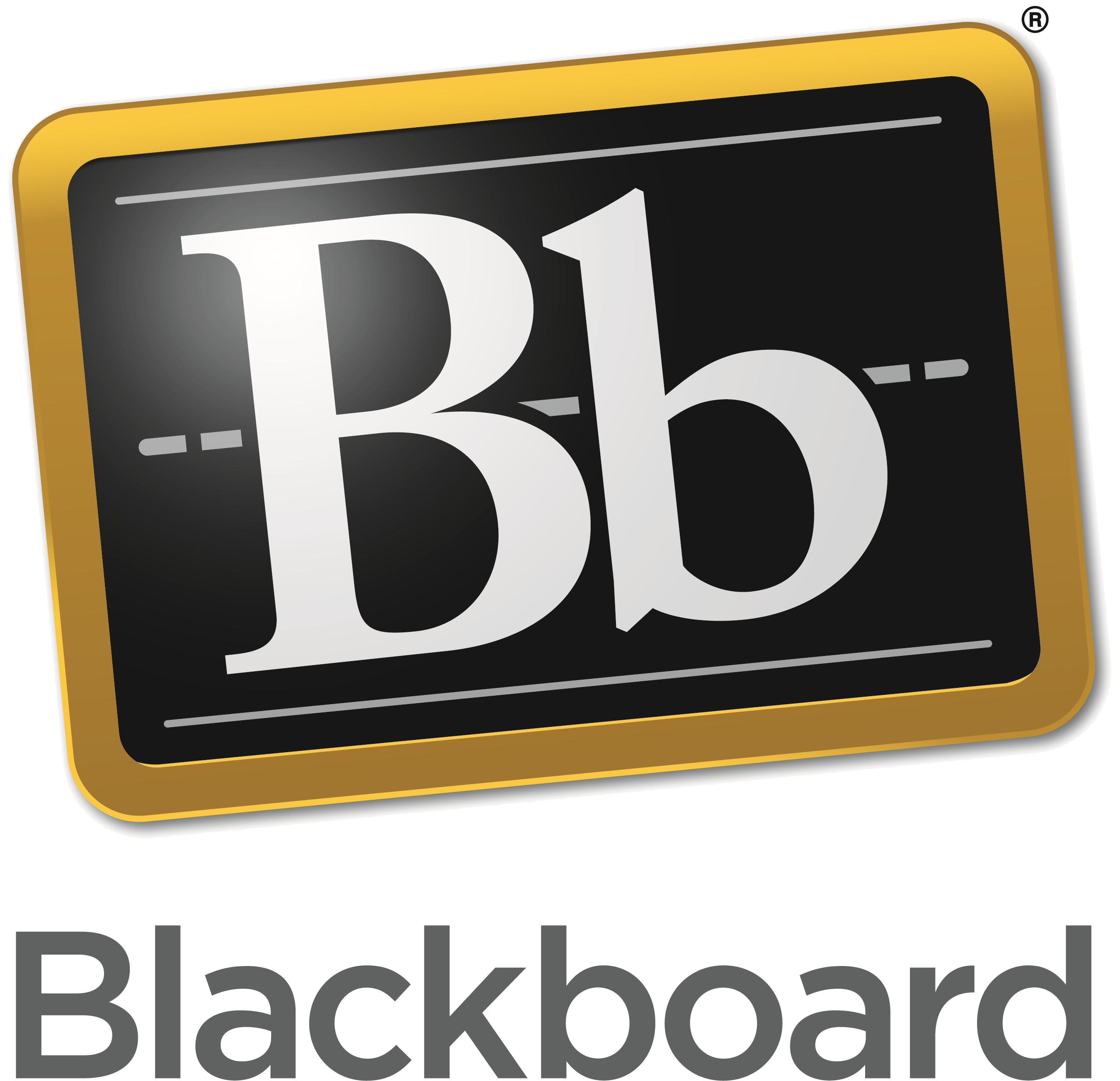| Author: Amy Hall, EdD | May 23, 2022 |
|
Theory and Key Theorists |
How learning occurs |
Key Principles |
Best used to teach |
Learning Activities |
|
Pavlov, Watson, Skinner, Thorndike |
A change in behavior
|
· Observable behavior is learning focus · Environment influences learning · Reinforcement is key |
Clinical Skills Procedural Skills |
Simulation case scenarios Observation of skills Using templates & rubrics OSCEs |
|
|
|
|
|
|
|
Neisser Sweller |
Cognitive processes, e.g., memory, perceptions, info processing |
· Structuring, organizing, and sequencing information in the mind to facilitate optimal processing |
Build useful knowledge structures Clinical reasoning skills |
Case discussions (OMP or SNAPPS) Develop illness scripts Concept Maps Memory Aids |
|
|
|
|
|
|
|
Piaget Vygotsky |
Making connections between new and existing knowledge |
· Learner is active participant in process · Faculty must activate learner’s prior knowledge |
Critical Reflection and Meaning |
Reflection Debriefs M&M Conferences |
|
|
|
|
|
|
|
Bandura; Lave and Wenger; Brown and Duguid |
Observations of and interactions with others within the learning environment |
· Emphasizes human relationships · Learning through observation and participation in social contexts |
Interpersonal and Communication Skills Attitudes Values |
Case Studies Mentoring Role Modeling One-on-One teaching |
|
|
|
|
|
|
|
Rogers Maslow |
Individual development and Self-directed learning |
· Motivation fueled by desire to achieve full potential · Learners assume responsibility for learning |
|
Projects Portfolios Problem-based learning |
|
|
|
|
|
|
|
Knowles |
Know relevance Feedback Real-world experiences Active learning |
· Learner understands own responsibility for learning · Past experiences are valuable · Internally motivated and ready to learn
|
Providing patient care Developing diagnosis and therapeutic plans |
Outpatient and Inpatient settings Case Conferences M&M Conferences |

